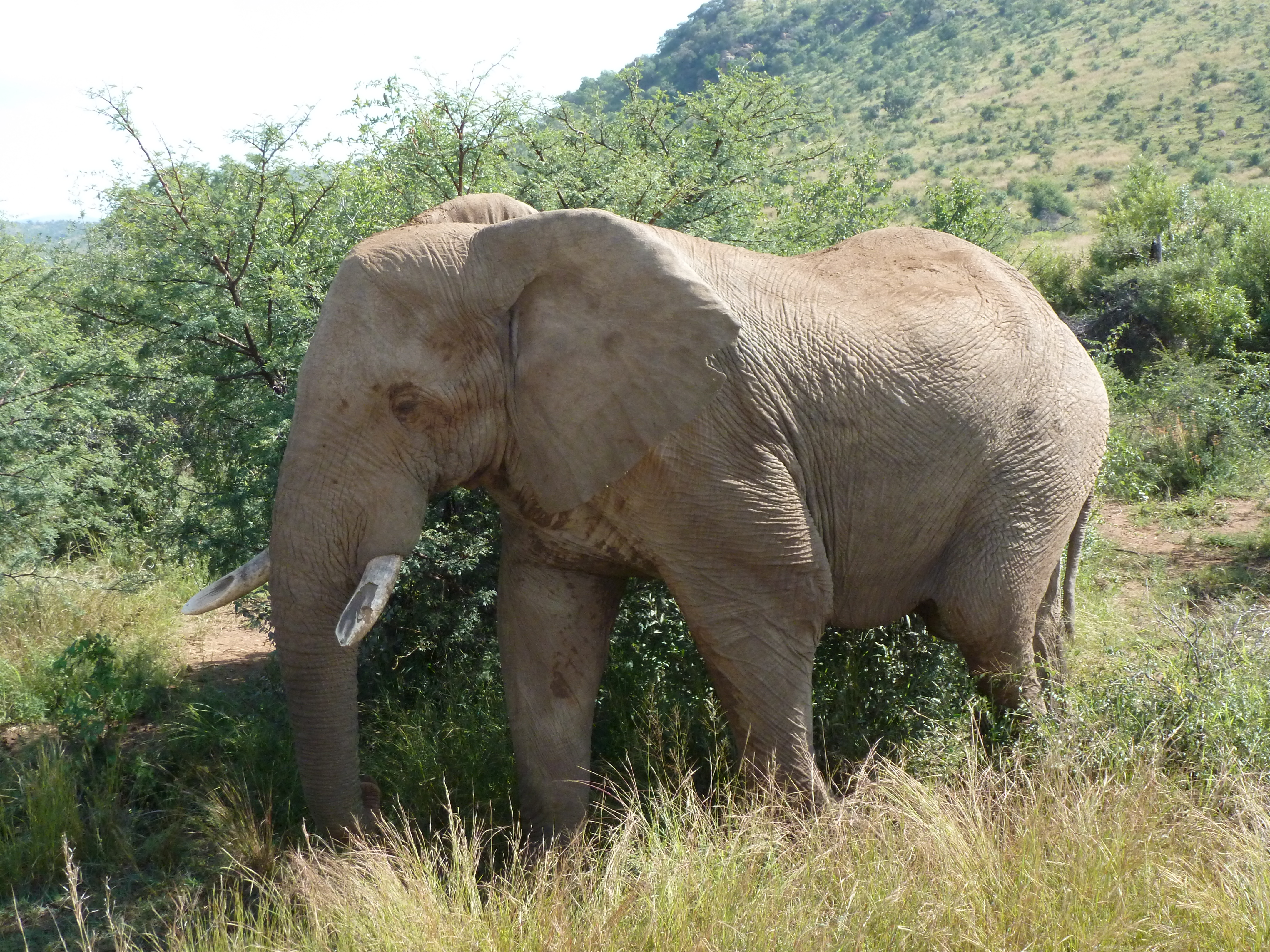2:2honours degree
Applicants should normally possess an honours degree (minimum 2:2) in a biological/behavioural/ecological science (e.g. animal behaviour, conservation biology, zoology) including components of experimental design and statistical analysis.
Students with a minimum of a 2:2 undergraduate degree in an unrelated area must demonstrate on application that they have equivalent experience in a related field, e.g. wildlife conservation, captive animal management. They must also demonstrate on application evidence of experimental design and basic statistical analysis skills, perhaps gained during completion of a research dissertation or by carrying out an additional course.
We recommend that all applicants:
- Nominate two academic referees as part of their application who can provide letters of recommendation which highlight the applicant’s academic achievements, work commitment and relevant experience.
- Include in their personal statement and CV details of any relevant extracurricular training, volunteering and/or relevant work experience they have obtained. This could include working with a local wildlife trust, animal rescue centre or zoo, for example.
- Submit a transcript of marks with the application.
Applicants may be interviewed.
2:2honours degree
Applicants should normally possess an honours degree (minimum 2:2) in a biological/behavioural/ecological science (e.g. animal behaviour, conservation biology, zoology) including components of experimental design and statistical analysis. Applicants will also have relevant animal-related experience.
Students with a minimum of a 2:2 undergraduate degree in an unrelated area must demonstrate on application that they have equivalent experience in a related field, e.g. wildlife conservation, captive animal management. They must also demonstrate on application evidence of experimental design and basic statistical analysis skills, perhaps gained during completion of a research dissertation or by carrying out an additional course.
We recommend that all applicants:
- Nominate two academic referees as part of their application who can provide letters of recommendation which highlight the applicant’s academic achievements, work commitment and relevant experience.
- Include in their personal statement and CV details of any relevant extracurricular training, volunteering and/or relevant work experience they have obtained. This could include working with a local wildlife trust, animal rescue centre or zoo, for example.
- Submit a transcript of marks with the application.
Applicants may be interviewed.
English Language Requirements
For more information on our English Language requirements, please visit International Entry Requirements.



















